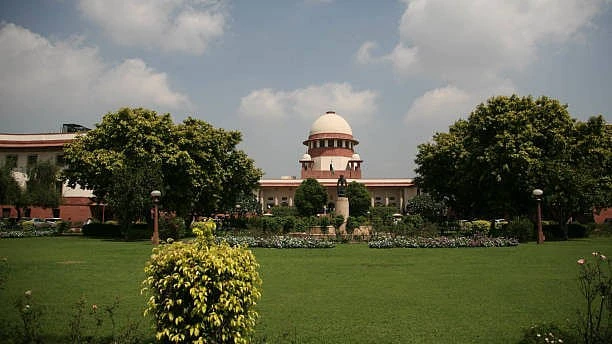The Supreme Court’s decision to issue notices to states on the validity of anti-conversion laws is an important intervention to protect fundamental rights.
The petitions, filed by Citizens for Justice and Peace (CJP) and supported by several interlocutory applications, highlight how these statutes – enacted in Gujarat, Uttar Pradesh, Madhya Pradesh, Uttarakhand, Haryana, and Karnataka – are being misused under the guise of protecting “freedom of religion”.
As senior advocate C U Singh argued, these laws do not protect faith; instead, they erect arbitrary barriers against personal choice, subjecting interfaith couples in particular to relentless harassment.
Articles 25 to 28 of the Constitution guarantee every individual the freedom of conscience, the right to profess, practice, and propagate religion. While subject to restrictions on grounds of public order, morality, and health, these rights are the bedrock of India’s secular democracy. Forced conversions, undoubtedly, cannot be permitted, but the State has no role in policing voluntary acts of faith.
The Karnataka Protection of Right to Freedom of Religion Act, 2022, passed during the term of Basavaraj Bommai, exemplifies this contradiction. It requires anyone intending to convert to submit a declaration to the District Magistrate 30 days in advance. The magistrate must then publicise it, invite objections, and order an inquiry into the individual’s “genuine intention”. Even third parties can file complaints, and the burden of proof falls on the person converting or facilitating conversion. Marriages deemed to be intended for conversion can be declared void. Penalties under the Act range from three to ten years in prison, depending on the offence.
Such provisions are a direct assault on constitutional freedom. First, they violate Article 25 by criminalising voluntary conversion, often by stretching vague terms like “allurement”. Second, they violate Article 21 by stripping individuals of privacy, requiring them to expose their most personal decisions to public scrutiny. The Supreme Court in Justice K S Puttaswamy (Retd.) v. Union of India case made clear that privacy includes the freedom to make intimate choices, including faith.
Third, by exempting reconversions to a “previous religion” from the cumbersome declaration process, the Act creates an unequal legal regime. These laws also undermine due process by placing the burden of proof on the accused and empowering outsiders to meddle in private matters. In practice, these provisions have generated cases and arrests but few convictions, revealing their intent to harass rather than to provide justice.
The Supreme Court must draw a clear line: forced conversions deserve prohibition and punishment, but faith freely chosen is sacrosanct. Religion is a matter of conscience, not State approval. The Constitution, not majoritarian suspicion, must prevail.
